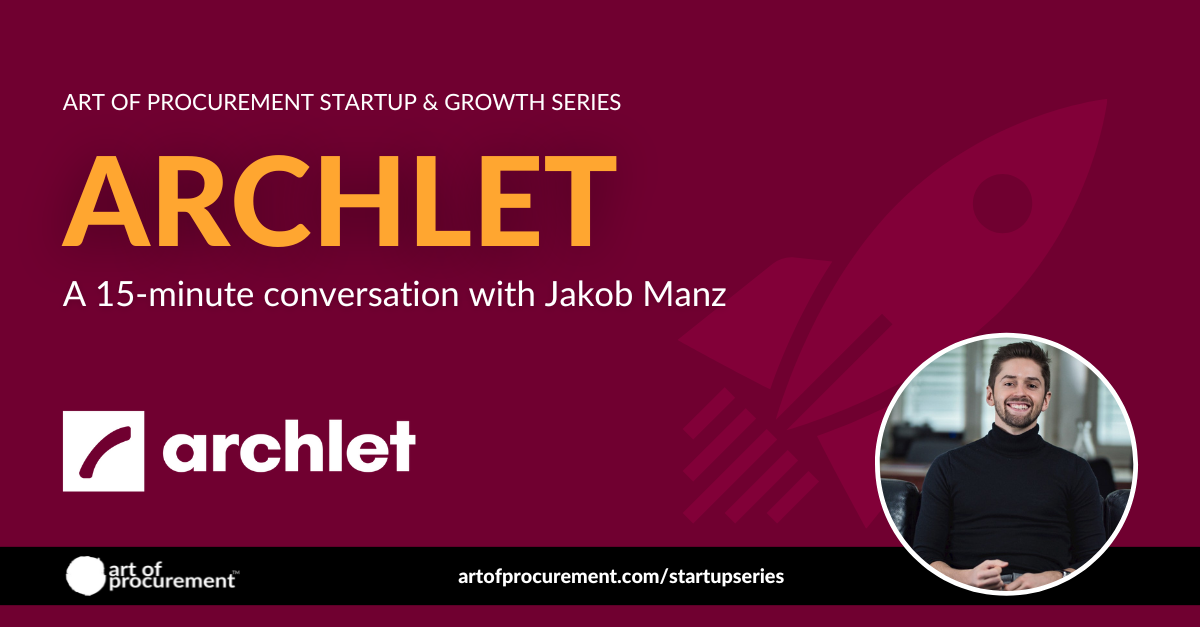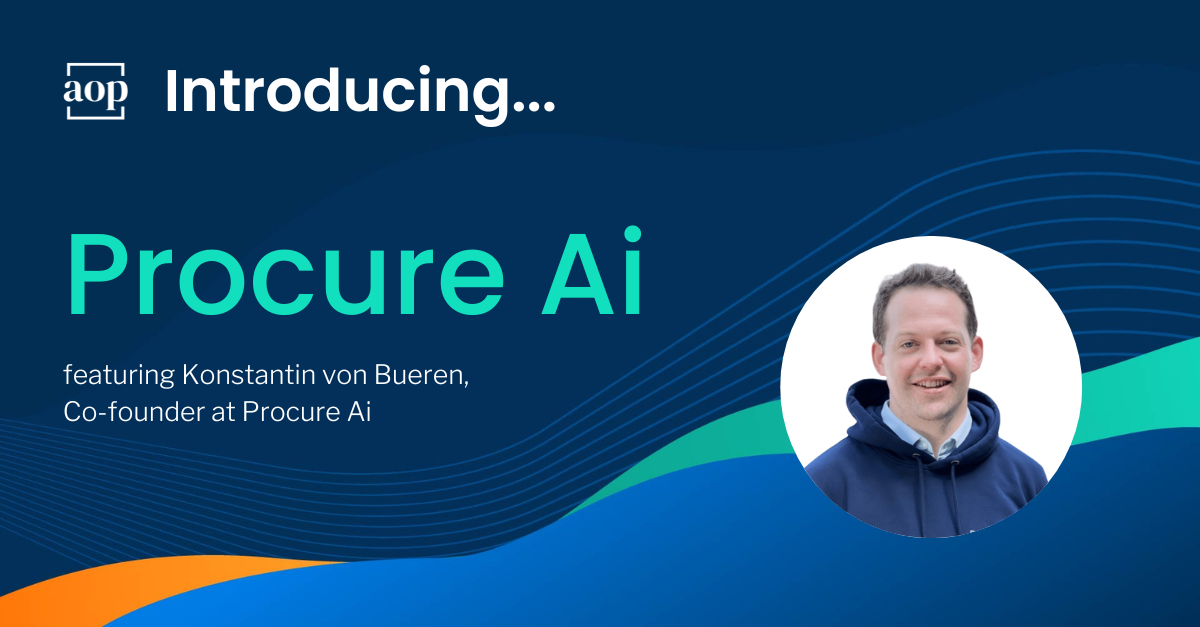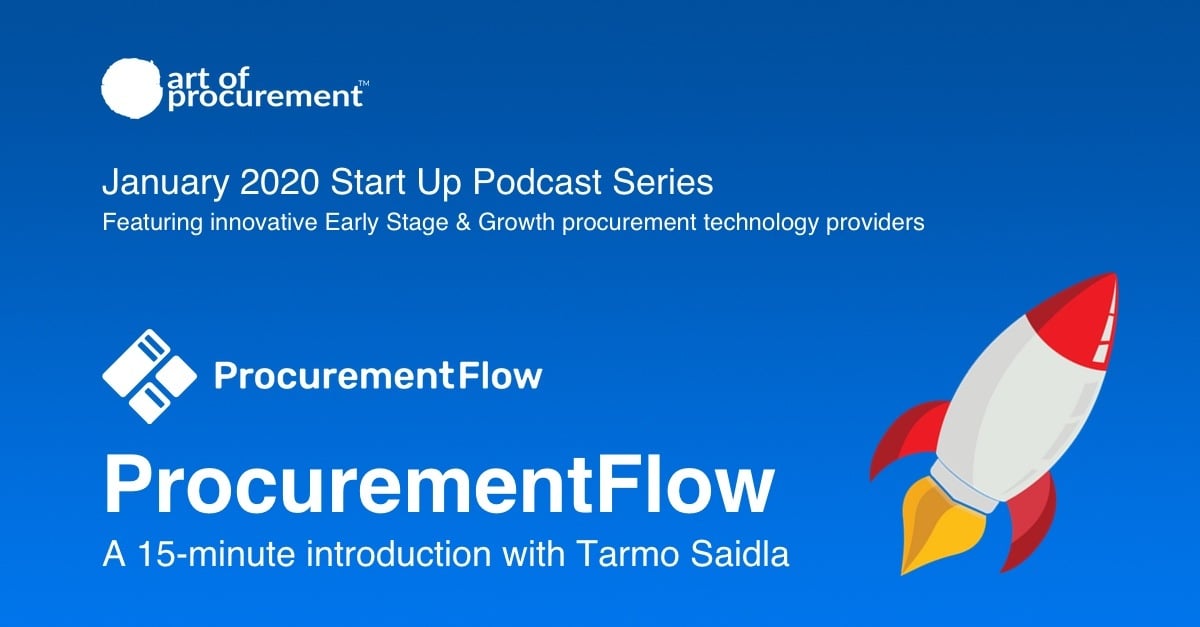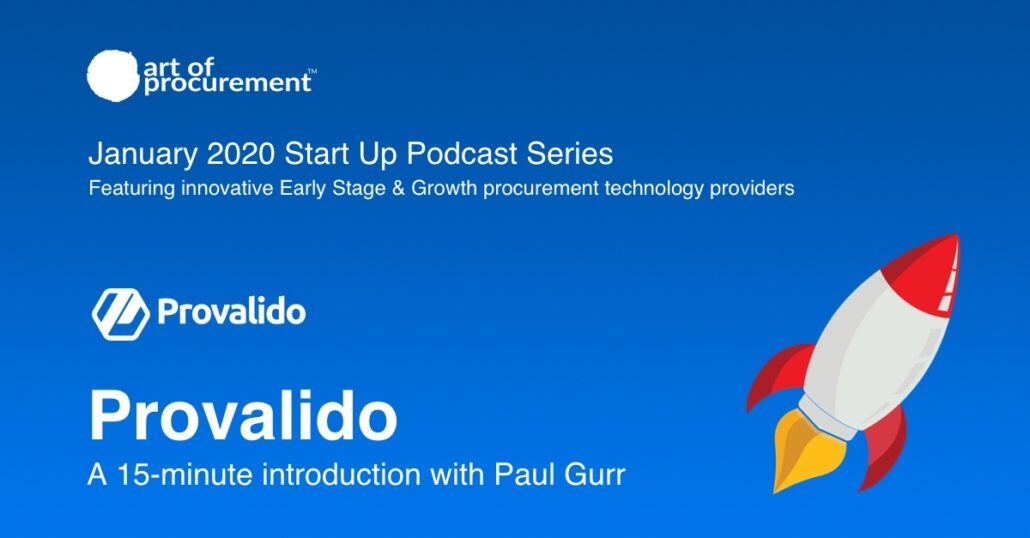
The last few years have witnessed a procurement innovation boom, with many new providers and perspectives on the procurement value proposition entering the market. Archlet is one of those companies, and they provide sourcing, analytics, and optimization capabilities.
Their leadership team, including Co-Founder and Managing Director Jakob Manz, recognizes the opportunity that exists for providers to improve the impact of procurement despite continually rising challenges in global supply chains.
As Jakob told Philip Ideson, “The world won’t become less complex. There’s crisis; there’s inflation. The whole topic of sustainability is becoming more and more important. In the end, these will have a huge impact on procurement. Complexities will increase, and Archlet will help you manage these complexities and own them in the end.”
So what makes Archlet unique? This Q&A excerpt from the podcast interview showcases Jakob’s point of view on…
The Importance of User Experience
You can have the best technology and the best algorithms, but if your users don’t get it or don’t know how to use it, they will not get any value out of it – and procurement will struggle through low levels of adoption.
As any provider makes changes to their functionality and user interface, they should be circulated to users for feedback. This ensures that the changes have the desired effect and that additional adjustments can be made as necessary. The resulting dynamic should be a productive cycle of open communication and improved experience.
Successful Democratization of Optimization Tech
In the past, sourcing optimization has generally been reserved for the most complex events, potentially even requiring involvement from external consultants. That was viewed as the only way to get ROI: high tech costs necessitated large projects and high stakes analysis.
But it doesn’t have to be this way – many projects, often with lower levels of spend – are just as critical to business continuity and customer value.
Optimization should be made accessible to sourcing managers and analysts. They shouldn’t have to be experts in mathematics or computer science to be able to use sourcing optimization. Ease of use can also make it possible for individual divisions or business units to leverage optimization to understand the costs and trade-offs of different supply options. Optimization should ultimately improve the business’ decisions and help them arrive at those answers faster.
Applying Analytics to Achieve Simplicity in a Complex World
In the past, analytics was often perceived as being too complicated an approach for most projects. And given the external complexity and disruption of the last few years, the last thing any procurement team wanted was to layer on more uncertainty.
When applied thoughtfully, and with the investment in user experience we have already discussed, analytics can simplify business decisions despite high levels of complexity.
For example:
- Accelerating the time to a decision and maximizing the ‘freshness’ date of the data
- Increasing the confidence level everyone has about a specific decision
- Making it possible to evaluate more qualified options, thereby improving the outcome
- Understanding how different business constraints add to the cost of a product or service






